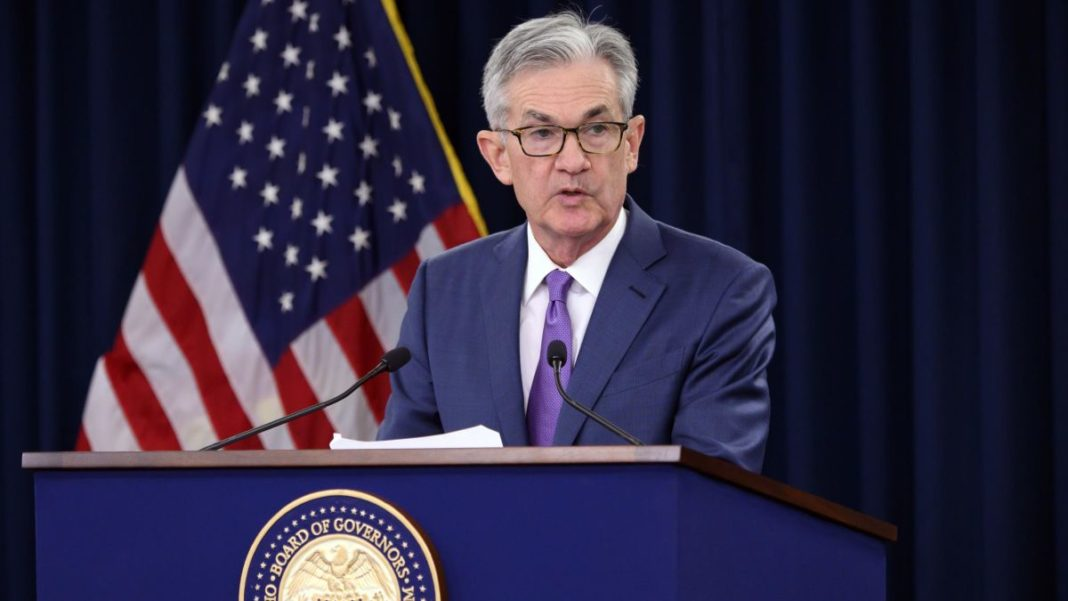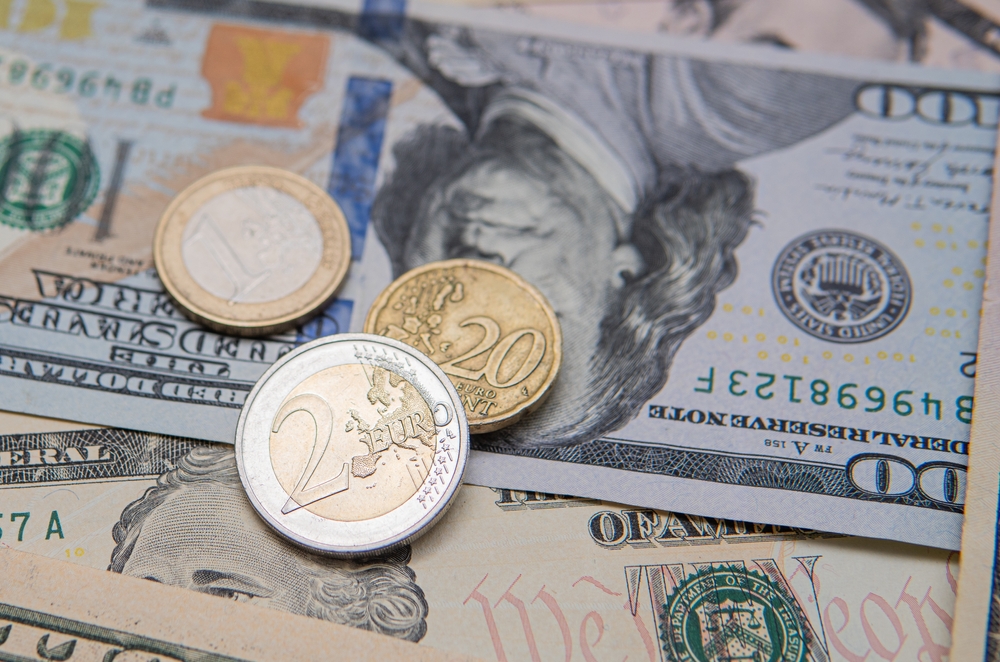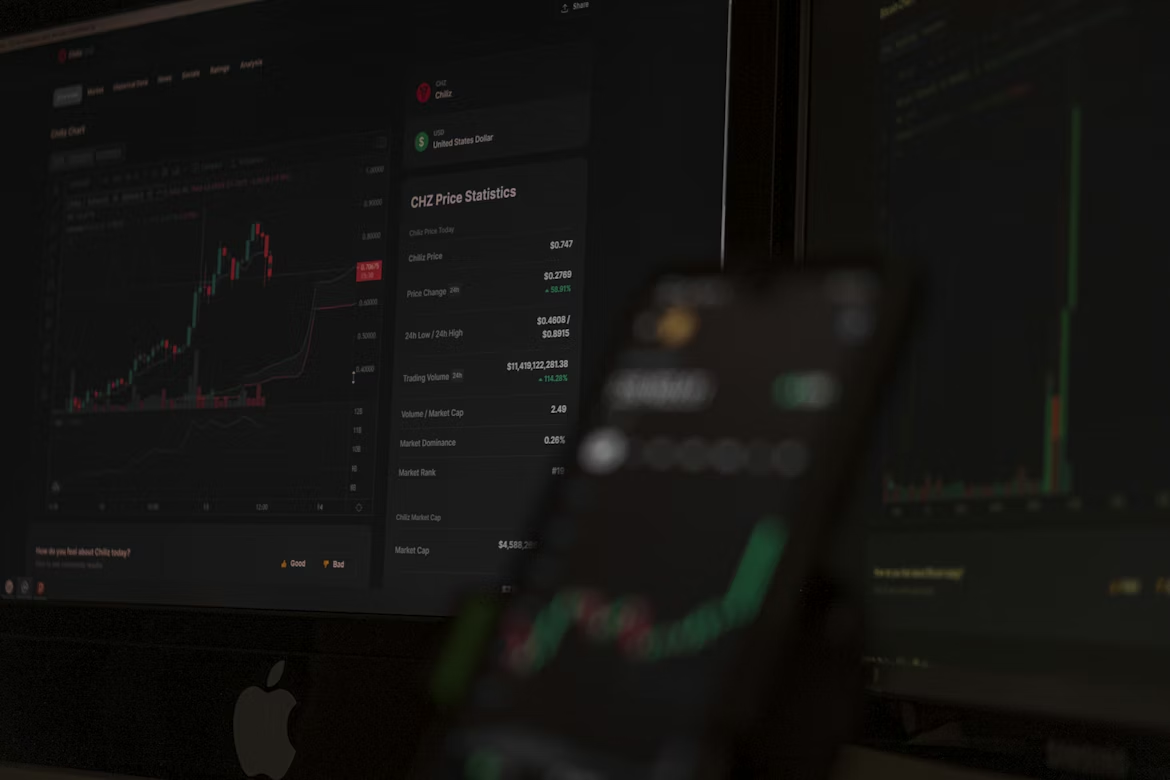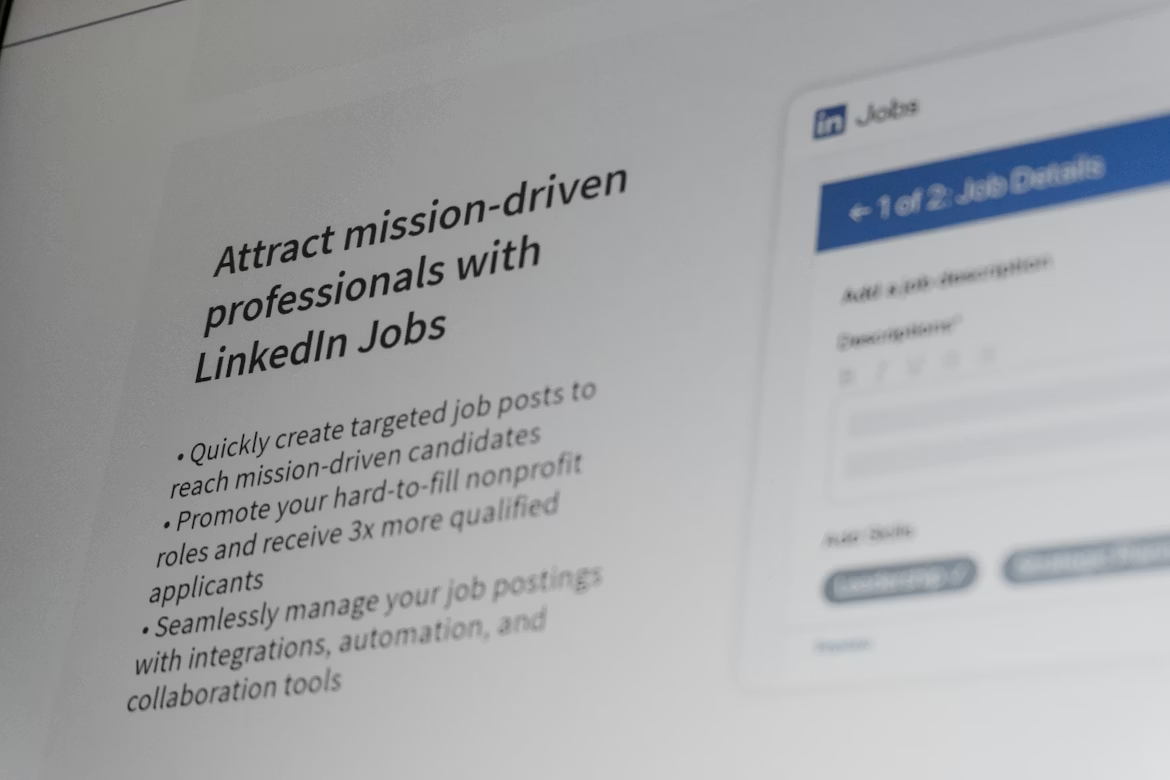The U.S. government edged closer to ending its impasse as the Senate passed a bipartisan funding bill, breaking a political stalemate that had left federal workers unpaid and disrupted essential services, most critically in air travel due to staffing shortages. President Trump backed the agreement, which restores operations through early next year and reverses recent layoffs, though critics (Democrats) argued it failed to secure lasting protections for healthcare subsidies. Market is starting to price in relief over restored government functions against ongoing uncertainty around interest rates and tech-sector performance. On the global front, tensions grew as reports surfaced that China is moving to block U.S. military-linked firms from accessing its critical rare earth supplies, though it comes as no surprise as a counter for U.S. heavy threats and sanctions toward Chinese companies.
EQUITY
Progress toward ending the 40-day government shutdown helped tech and AI stocks to rebound from last week's malaise, with Nvidia, AMD, and Micron benefiting from investors shifting back into high-growth positions. Federal contractor Palantir gained the most, up 8.8% from improving sentiment along with other rate-sensitive stocks.
GOLD
Gold prices break away from the consolidation phase upward, reaching a three-week high above $4,110 with solid fundamentals and profit-taking exhaustion. Recent data shows mounting job losses in government and retail sectors, coupled with consumer sentiment falling to a 3.5-year low, serving as a demand factor for the safe-haven asset.
OIL
Crude oil held steady, with OPEC+ increasing December output by 137,000 bpd while Lukoil’s force majeure declaration at Iraq’s West Qurna-2 field and Iraq halted payments to the sanctioned firm. It's a tug-of-war between volatile supply and declining demand, overshadowing temporary optimism from the reopening of U.S. government and Trump’s progress on a trade deal with India to reduce Russian imports.
CURRENCY
A hopeful end to the U.S. government shutdown lifted risk sentiment, pushing yen to its lowest level in nine months as investors priced in a swift resolution and rate cuts, while the Korean won fell on capital outflows. With the dollar index flat, markets now await the House’s final vote and the delayed U.S. economic data that will declog capital held from uncertainty.














